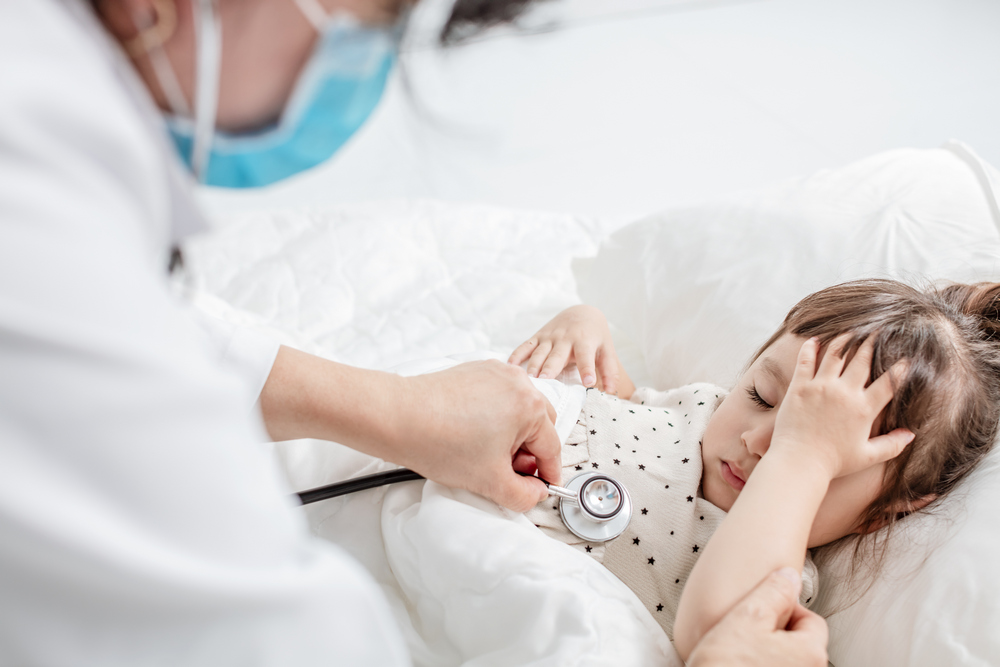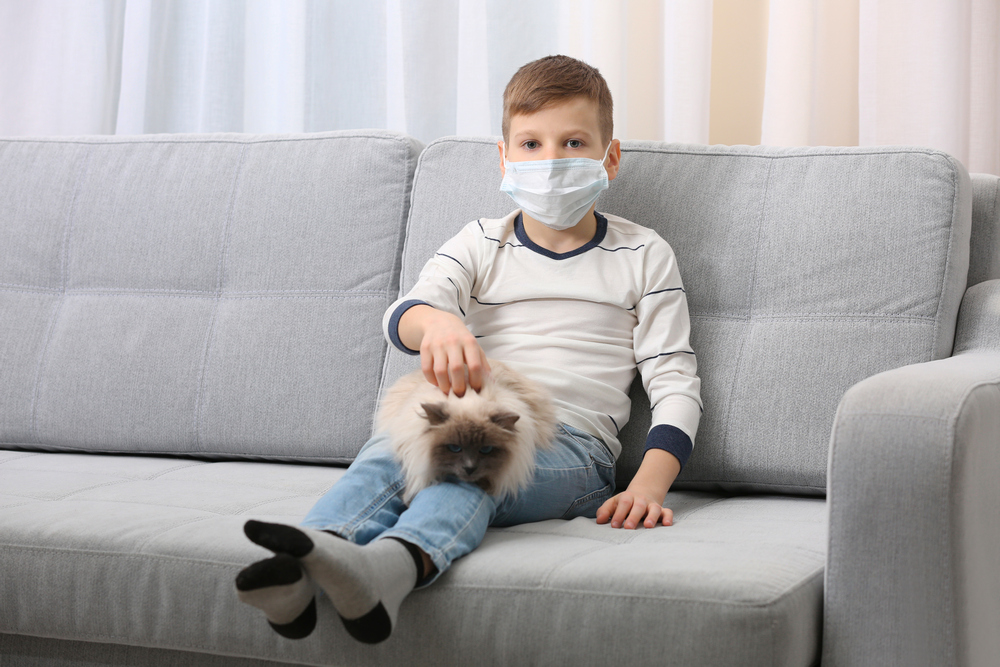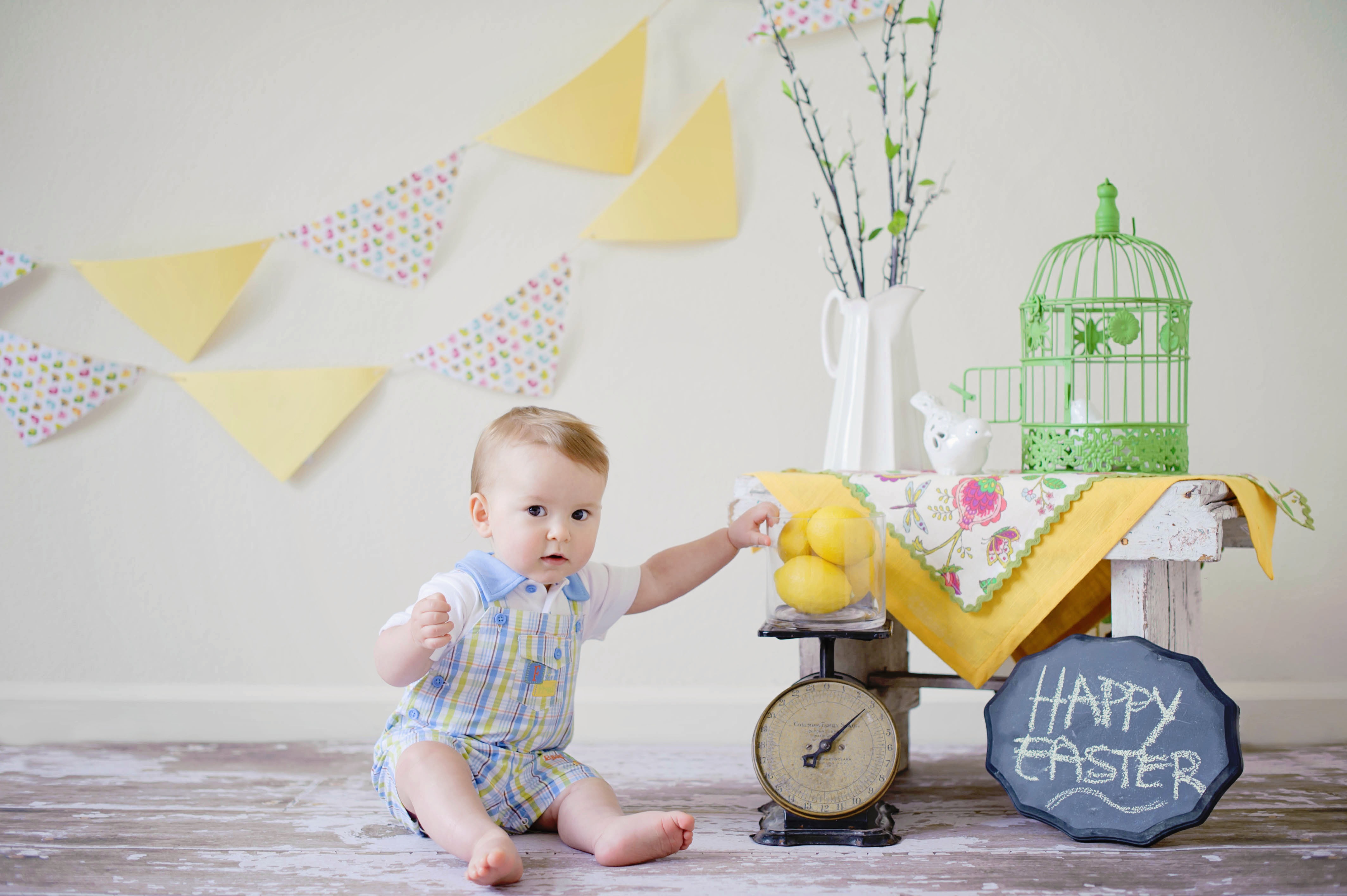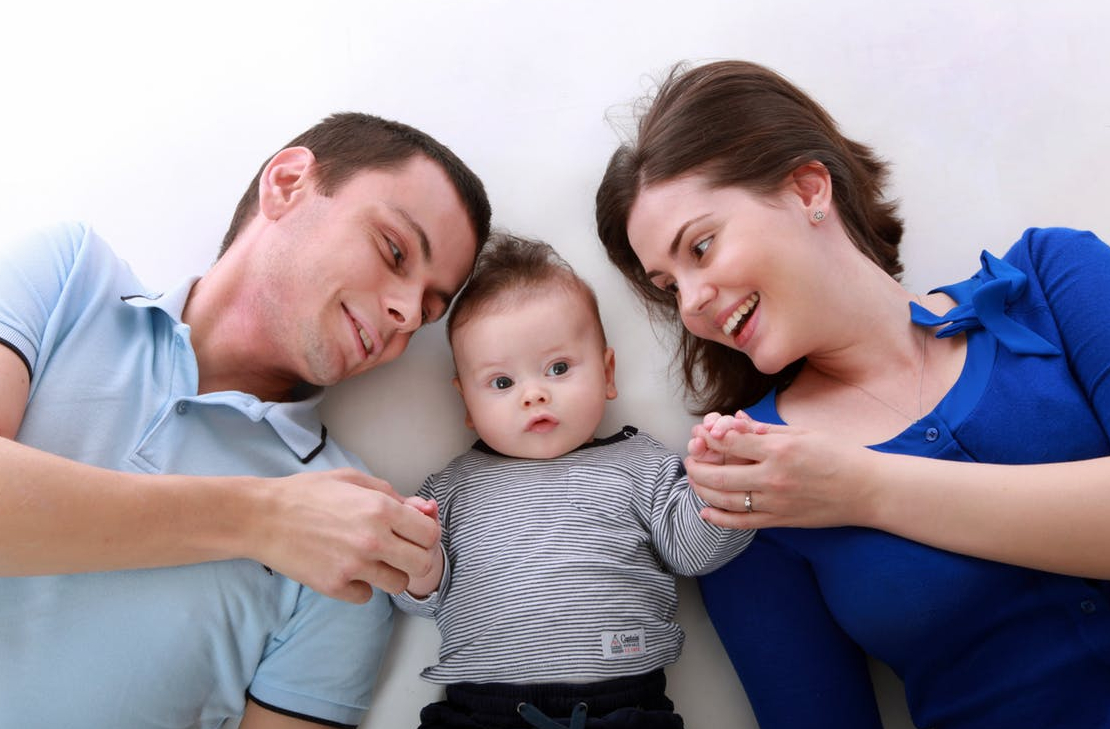While the CNY past, besides receiving the New Year gift money, both babies and Moms face the post holiday challenge — is my child physically strong enough to against the outbreak of various virus in spring time? What if he/she catches cold and gets fever? What should be done to relieve the discomforts? Is there any good home-based therapy with minimum side effects? Do you know the correct home care methods? The duration of the disease tends to last longer with improper home care; therefore, correct prevention and nursing measures are essential skills for all parents. Hope the following Q&As may help you cope with those common diseases.

Q:A confusing question: How to differentiate common cold from rhinitis? My baby is 3-year-6 month-old. His respiratory system is so sensitive that inhalation of little dust or particles in the air will lead to ceaseless sneezing and a runny nose. It’s easy to catch a cold in winter but how can I tell the difference?
A very good question. Both conditions could lead to runny nose, sneezing and nasal congestion, therefore it’s not easy to tell the difference only from symptoms.
Common cold, an acute, self-limiting upper respiratory infection (URI), usually lasts for 7 to 10 days with major symptoms like sneezing, runny nose, sore throat, cough, fever, headache and fatigue. Since virus is the pathogen in most cases, the condition will disappear with proper care.
Rhinitis is also common, affecting nearly everyone at one time or another. Many cases can be classified into a specific syndrome, each with its own causes and treatments.We have allergic rhinitis, various forms of none allergic rhinitis,rhinitis due to structural nasal problems. Allergic rhinitis tends to last for 3 to 4 weeks, sometimes even longer with major symptoms like sneezing, runny nose and nasal congestion. Parents should consider the possibility of rhinitis if the symptoms linger on for more than 2 weeks and recurrent episodes at the specific season every year,also family history of allergy is supporting evidence.
In winter, both two conditions can happen, but reinforced home care is effective for both common cold and rhinitis.
1. Ventilate the rooms regularly (when no smog outside);
2. Good sleep always helps! Keep the airway unobstructed elevating the head a little or lying on left/right side;
3. Avoid too much cold nor heat and adjust the clothing accordingly;
4. Avoid physical contacts with other patient who had cold;
5. Pay attention if nasal blockage and runny nose get worse, use nasal spray with sea salt water if necessary;
6. Monitor frequency and intensity of coughing, body temperature, urine volume and the child’s mental status. Go to see a doctor when you can’t handle it.

Q:My baby is 6-month-old. When he was 5 months, he developed persistent cough and got better after oral medication. Now he has dry coughs occasionally, should I give him some medicine?
It’s important to learn the truth of cough. Actually it’s not completely a bad thing.
The respiratory tracts are exposed to the environment, with bacterial, virus or mycoplasma all around. Coughing is a defense mechanism of the body to help us get rid of the invading pathogens.
A study shows that even healthy children may cough 11 times every day.
However, the baby’s liver and kidney are still developing and are vulnerable. Parents must be careful with cough medication due to its side effects. Try not to use it especially when the kid is under 6 years old, and don’t take the coughing drugs for a long time. In case of virus-induced cough, the child’s immunity plays an important role in the self-recovery process. It’s better for parents to create an environment that helps increasing the kid’s immunity than giving oral medication.
For chronic cough, the first step is to rule out foreign body aspiration; then test for Complete Blood Count (CBC) and C-reactive protein (CRP) to find out if it is infectious cough.
Meanwhile, pay attention to allergic cough and postnasal drip syndrome. Any use of medication should be based on a clear diagnosis. Make sure to use the correct medication and the proper dosage.

Q: Are there any time limits or side effects for using fever-cooling patches? Under what circumstances should I not use the patch?
Essentially, the fever-cooling patch is a small ice pack and it’s not a MUST item for the fever. Most of the time, instead of its cooling function against fever, the patch plays a more important role in releasing parents from the anxiety. I have even seen kids who are allergic to the cooling patch developed large area of rash on the forehead.
The greatest principle for fever care is to make the child feel comfortable!
To be more practical and specific:
1. Give the child a warm bath which serves as a physical cooling treatment to make them feel comfortable;
2. When the temperature is above 38.5℃and the kid is feeling not well, give oral anti-fever medication (for example Tylenol, better for child over 6 months and should be very careful with little baby less than 6 months), no more than 4 times a day. Take enough fluids to prevent dehydration. In order to avoid possible interactions and side effects of different medicine, do not take two kinds of medicine if one is enough to bring down the fever;
3. The child’s mental status is much more important than the temperature itself;
4. If the fever lasts for more than 24 hours, test for CBC and CRP to determine the cause of fever.
Q: There are three children in my house and they developed fever one by one. Is it contagious?
First of all, you need to find out the cause of fever behind the symptom. If runny nose and coughing are also present at the same time, respiratory tract infection is most dubious. The pathogen may pass among the children through close contacts and it seems to the parents like fever is passing from one to another.
The general advice includes strengthened home care and appropriate quarantine.
Q:I took my baby for nebulizer therapy today and I found out some steroid medication in the prescription so I want to ask the doctor that my baby is 9-month-old, is it safe to use steroid medication?
I can't simply say which medication is good or which drug is harmful without further information of the dosage, administration route and course of treatment.
However, if the indication, dosage, administration route and treatment course are properly prescribed, nebulizer therapy with steroid (budesonide) is an effective and safe treatment option for the respiratory diseases.

Q:My daughter is 3 years old and she complains about pain in the legs whenever she has a fever. What could possibly be the cause?
It is common to have muscular soreness in virus-caused infections and symptom will disappear once infection is controlled and temperature returns to normal. If the pain remain when body temperature is normal, you need to consult your pediatrician to find other causes of the pain.
Q:There are so many types thermometer, such as mercury thermometer, ear thermometer, forehead thermometer, anal thermometer or other intelligent temperature patch, and which type of thermometer is the most suitable for babies?
Theoretically, they are all applicable. Although ear and forehead thermometer are more convenient, the ambient temperature may influence the results. As a result, the numbers may not be precise enough sometimes.
Digital and mercury thermometers are relatively more accurate but it takes longer time to use the latter. When your baby doesn’t cooperate, it is recommended to use the quicker one.
To be sure, you can also use two types of thermometers to cross-check the temperature for accuracy.




 京公网安备11010102007413号
京公网安备11010102007413号